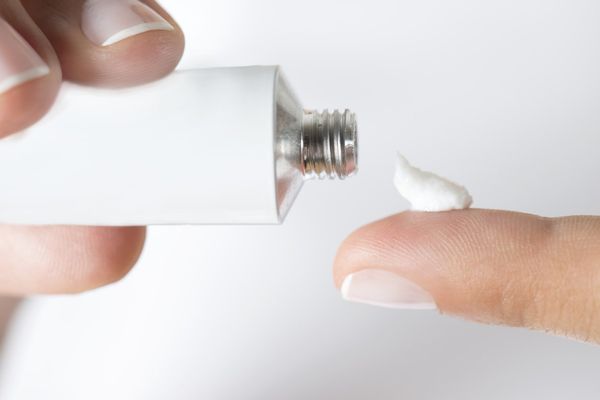Dr. Barb DePree, director of the Women's Midlife Services at Holland Hospital, founder of MiddlesexMD and a member of HealthyWomen's Women's Health AdvisoryCouncil, answers our questions about this important stage of a woman's life.
This is the first installment of a two-part series. Read part two here. The transcript has been edited for clarity and length.
HealthyWomen: Can you start off by defining menopause?
Barb DePree: It's the pause or cessation of menses, and that's the result of ovarian failure or no longer having ovarian production of the hormones estradiol and progesterone. That event leads to the cessation of periods. While it is an event, it really is a prolonged stage that happens over time.
We talk about the reproductive years, which could also be called premenopause, and then we talk about perimenopause. Perimenopause is a vague term that's not well defined. We don't have a lab value to define it; it really has to do with the onset of symptoms related to that disruption of hormone production and continuing until 12 months after your last period.
Perimenopause can last up to four to eight years generally, which encompasses the disruption of periods, maybe some symptoms starting to slip in such as intermittent hot flashes, brain fog, weight gain — or none of the above. Then, menopause is the term we apply to women from that time — 12 months from their last period — for the rest of their life.
HealthyWomen: What's the biggest misconception women have about menopause?
Barb DePree: That it's all about hot flashes. And women don't recognize the potential impact it may have throughout the woman's body. Women have estrogen receptors everywhere in their body, and everywhere they have a receptor there is an action for the hormone. There are more estrogen receptors than most other hormone receptors, and it's a really big deal that, for 35 years, this hormone has played a really critical role in your brain, your skin, your bones, your breasts, your blood vessels and your genitals — and then it's somewhat abruptly absent or disrupted before it's absent for good.
For many women, the impact is felt from head to toe, but we often give it a narrow scope of potential impact. We tend to see menopause as an absence of periods (yay, we're happy about that) and maybe some troublesome hot flashes that you'll have to deal with, but it really can be more, much broader than that.
HealthyWomen: Is it a given that women's health declines with the onset of menopause?
Barb DePree: It's not a given. The majority of women probably experience some disruptive symptoms that are bothersome to them, but it doesn't necessarily translate to a decline of their overall health.
We do recognize that the absence of estrogen puts women at greater risk for cardiovascular disease, for the onset of Type 2 diabetes, for accelerated bone loss; we can see urogenital changes resulting in bladder function changes or painful intercourse, but that doesn't mean lifestyle and other approaches can't prevent some of these changes from happening.
Trying to optimize health before you're menopausal is going to serve women well, because once you're two years into menopause and have gained 40 pounds, and have blood pressure elevation, sometimes it's hard to get back on track to achieve great health.
HealthyWomen: Is gaining weight a given?
Barb DePree: Menopause is an at-risk time for weight gain. It's a new challenge that women face and we think the physiology that goes along with that is that as you're losing your natural source of estrogen from the ovaries, your body looks for a replacement of estrogen and fat is a source of estrogen.
Fat produces estrone, which is a very weak, not very clinically important estrogen. It doesn't have those abundance of estrogen receptors that play the important role throughout your body. But in a compensatory way, your body is saying, I've lost this major important hormone. What can I do to replace it?
Bodies are pretty amazing in what they're able to do and the adaptations that are able to occur, so your body becomes very efficient at weight gain, depositing fat — generally in the midsection, breasts and belly. The women who have yo-yoed historically, generally find their way up to higher weight at this time because their body has a proven record of knowing how to do that.
It's the natural physiological response and unless you're adapting to the change of absence of estrogen by decreasing caloric intake, you can gain weight. The other thing that's happening is we're losing testosterone naturally, and testosterone helps us maintain muscle mass. All you have to do is lose one to three percent of your muscle mass, and metabolically that's another setup for weight gain.
In the second part of our two-part series on menopause, which you can read here, DePree discusses cognitive changes, insomnia and sexuality.







